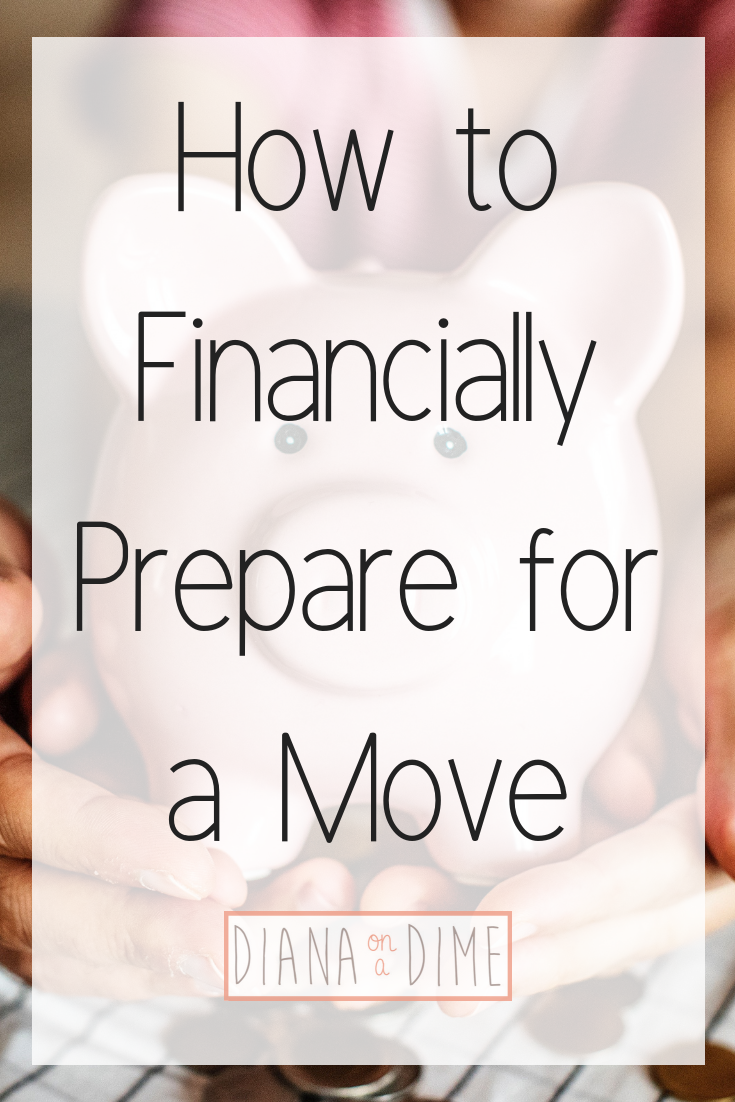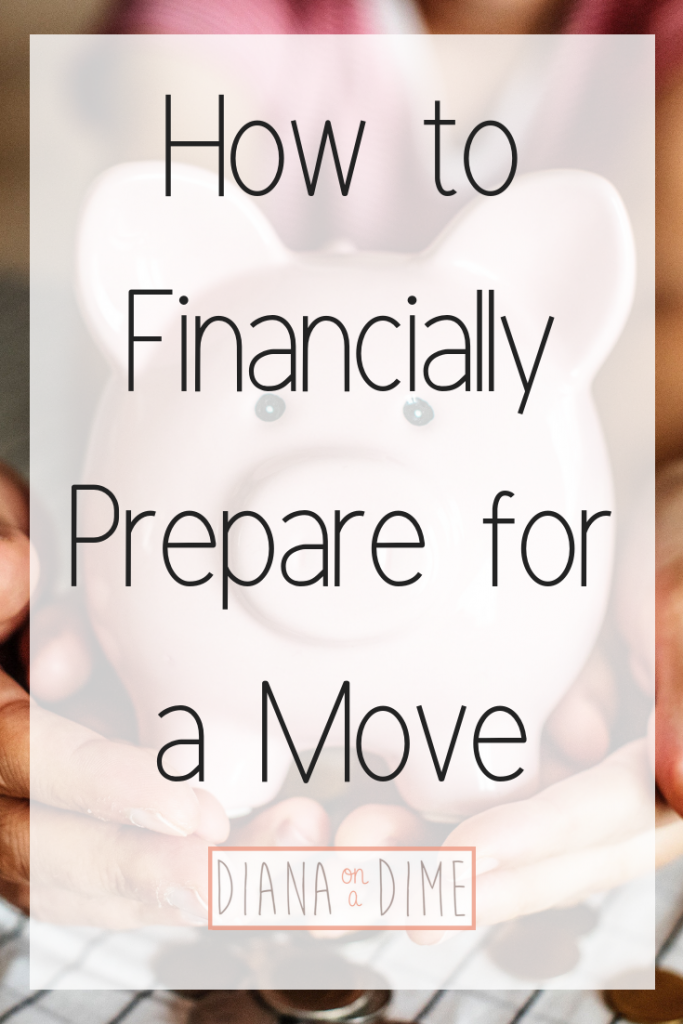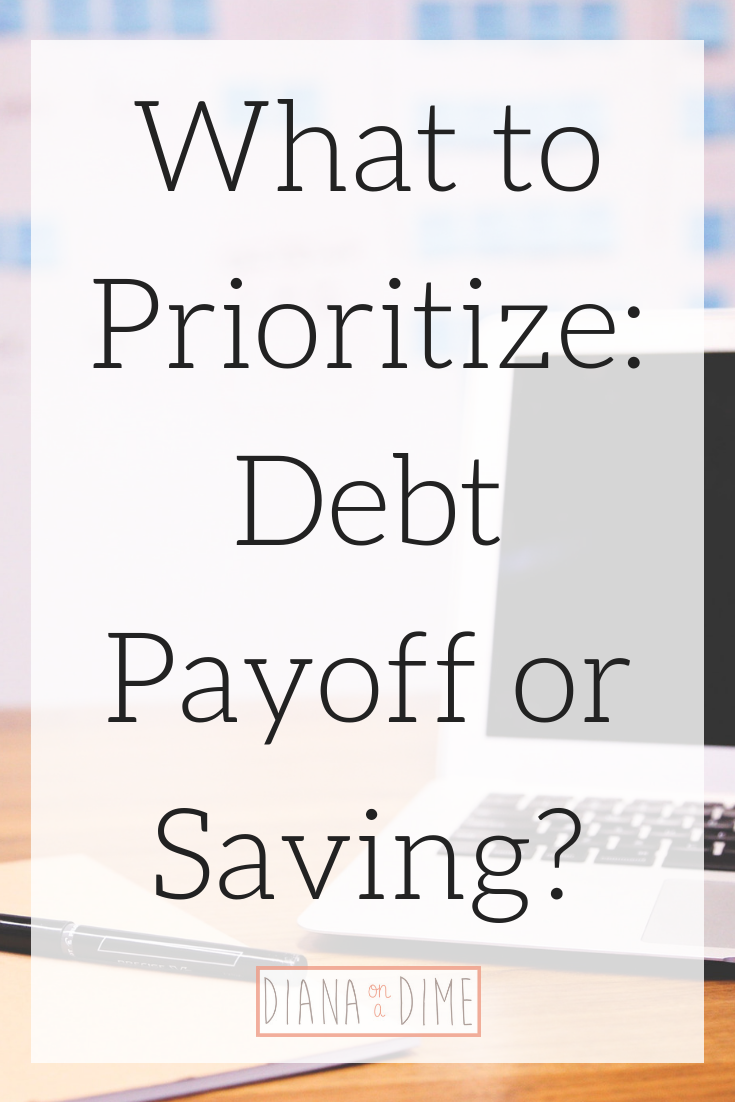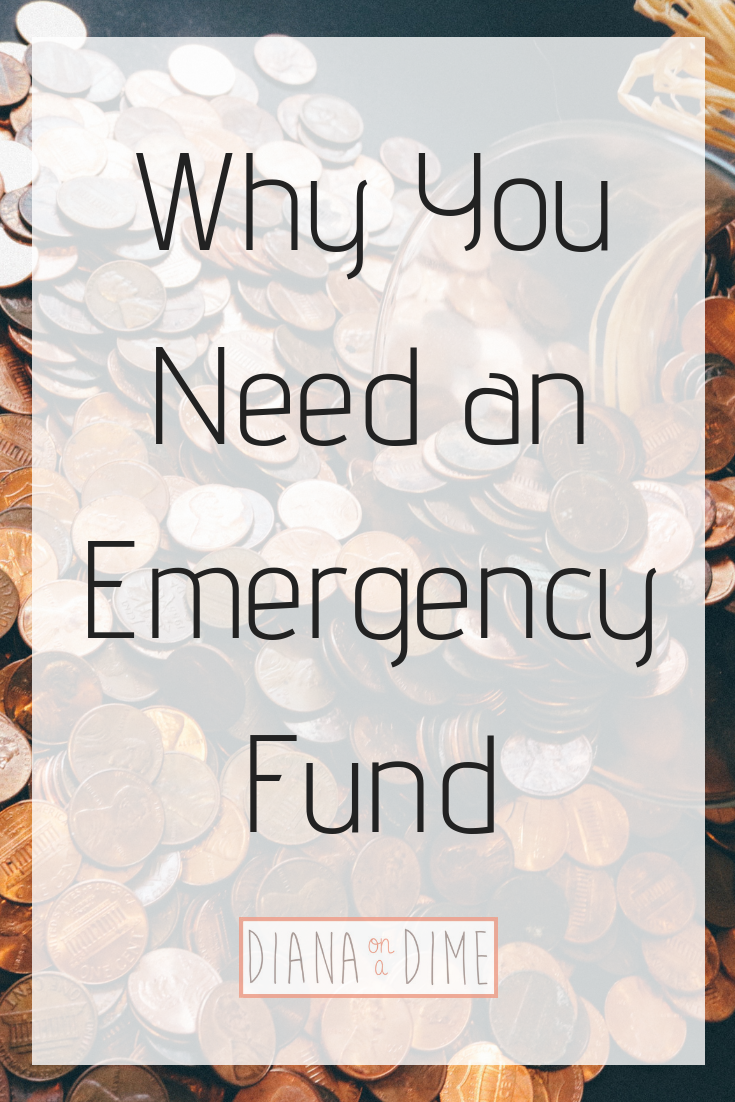How to Financially Prepare for a Move
If you’ve been following my journey since the beginning, then you know that I graduated in 2015 from my graduate program and moved back home to my parent’s house in New Jersey. This was basically a necessity because my minimum student loan payments were going to be $2,000 and my income was going to be about $3,000/month for 10 months of the year, check out my post here about paying off debt on a 10 month salary.
The numbers just wouldn’t add up if I moved out, especially not in New Jersey and the cost of living. So, I headed back home and have been living here every since aggressively paying off my $201k in student loan debt.
Of course, I don’t plan to stay here forever, but it has been a wonderful way for me to get ahead in my student loan payoff that would not have been possible otherwise. I never would have been able to pay the amount I have if I was paying for rent every month.
Now that I have paid off a significant amount of debt, I am planning to move in the near future. This means that I will have new expenses to add to my budget. Of course, I can’t plan for everything, but I highly recommend creating a budget based off of estimates to get an idea of what you can afford.
I do this a lot, whenever I am trying to figure out if something will work out, or if I need to figure out how much I need to earn in order to afford something. I did this same exact thing when I was getting ready to graduate and it is when I realize I wouldn’t be able to afford rent any my minimum student loan payments.
Since I am planning to move out, I figured I would share with you the things I am doing to prepare my finances for my potential move.
1. Create a new “budget.”
This budget is obviously not going to be the one that you use when you actually move, but it can be the start of it. This budget is hypothetical so that you can figure out what you can afford in a move. If you have not found a new place to live, I would suggest looking at cost of rent or mortgages and round them up a bit. This will allow you to over budget and be more prepared when you actually move to this area.
I would also suggest looking at average cost of telephone, cable, utilities, etc. for this area. This will allow you to get a good idea about what your expenses will look like once you move. I would even go so far as to see what are the gas prices and how the grocery store prices compare. It may sound crazy, but these are all things that are going to impact your budget once you move.
By creating a budget that is as realistic as possible, it will allow you to see if you can realistically afford to move to that specific area. When I was graduating, I thought I was going to stay in Syracuse to teach. What I realized when I made my “budget” was that I couldn’t afford everything on my potential salary and cost of rent. If you need help creating your budget, I have a template you can use for this!
2. Determine your moving costs.
Moving can be expensive, especially if you have a lot of furniture and are moving far away. I would suggest doing some research about the potential costs of moving in your area before you actually are ready to move. For example, how much is a moving truck? If you are shipping anything, how much will that cost?
Once you have an estimate of how much it will cost to move, you can start a sinking fund for this. This will allow you to be prepared when you actually move.
3. Determine if your emergency fund is enough.
When you move, your monthly expenses will most likely change. This means that your emergency fund will need to change as well. By completing step 1, you’ll be able to get an idea if your emergency fund is enough when you move.
If you’ll need a bigger emergency fund, I would suggest trying to increase it before the move as much as possible. With moving comes the possibility of unexpected expenses and it’s always better to be over prepared.
It’s better to be over prepared.
When it comes down to it, it’s so much better to be over prepared when you’re planning to move. Once you’re all settled, you can always move that money somewhere else, if there is any left over. I’d love to hear your moving stories, have you prepared for a move?





